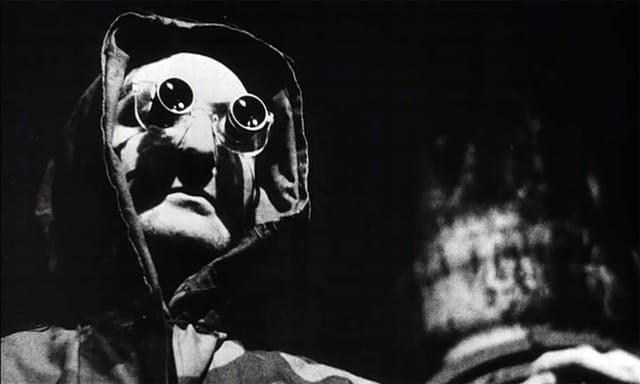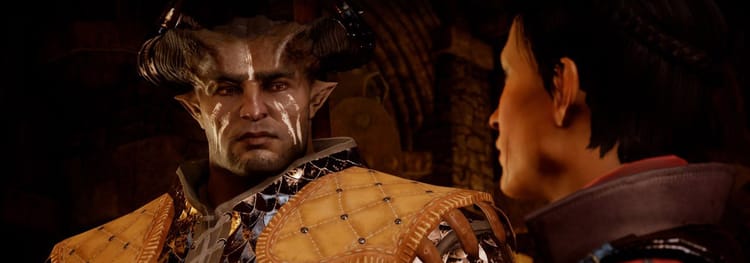Chris Marker: Open-World Pioneer

Who said that time heals all wounds? It would be better to say that time heals everything except wounds. With time, the hurt of separation loses its real limits. With time, the desired body will soon disappear, and if the desiring body has already ceased to exist for the other, then what remains is a wound… disembodied.
— Chris Marker, Sans Soleil
Experimental multimedia artist and filmmaker Chris Marker passed away last Sunday at the age of 91, leaving many to reflect on his work and mourn the loss of a great innovator.
My own exposure to Chris Marker’s films began in college, during a seminar on Personal Narrative in Photography—ironic, given that Marker was notoriously elusive to the public’s eye. Our professor, knowing well the futility of explaining what we were about to watch, gave little remark before queuing up Sans Soleil: It was the kind of movie one had to experience firsthand. As the screening came to an end, we made no sound. It was a haunting silence: What had we just witnessed? Was it documentary? Memoir? Science fiction?
Sans Soleil unveiled the world familiar to me in altogether unfamiliar ways, proposing an interwoven narrative of travel, philosophy, and first-person account, leaving me dizzied to speculate on grave questions of psychological and societal concern. The movie, widely considered Marker’s greatest achievement, helped to define the essay-film genre, a form that, according to critic Timothy Corrigan, “describes the many-layered activities of a personal point of view as a public experience” and which, for Marker, allowed charged and intimate associations between found-footage, music, and fiction.
Despite our predisposition for linearity, caused by a predominance of un-challenging media, Marker believed in the power of open-endedness, much in the same way that many contemporary videogames offer non-linear experiences. In 1997, he created a CD-ROM game called Immemory, an interactive archive of photographs, sound, video, and other ephemera culled from his archives. In what one might describe as a “sandbox game” by modern standards, Immemory stakes its claim in exploration rather than routine, allowing players to investigate a world and chronicle a story of their own within the media set forth by its creator.
Not unlike the open-world game, Marker’s films unfold poetically, inviting speculation and allowing viewers to piece together their own story. A nameless narrator frames Sans Soleil, recounting letters sent to her by a fictional documentary filmmaker who wanders not only through disparate landscapes, but also through a travelogue of ideologies, fictions, and histories. In one letter, the filmmaker shares his idea for the plot of a science-fiction movie, featuring a protagonist from a future where “remembering” does not exist. Instead, total-recall has replaced our fallible memory:
After so many stories of men who had lost their memory, here is the story of one who has lost forgetting, and who—through some peculiarity of his nature—instead of drawing pride from the fact and scorning mankind of the past and its shadows, turned to it first with curiosity and then with compassion. In the world he comes from, to call forth a vision, to be moved by a portrait, to tremble at the sound of music, can only be signs of a long and painful pre-history. He wants to understand. He feels these infirmities of time like an injustice, and he reacts to that injustice like Ché Guevara, like the youth of the Sixties, with indignation. He is a Third Worlder of time. The idea that unhappiness had existed in his planet’s past is as unbearable to him as to them the existence of poverty in their present.
Who was this “Third Worlder of Time”? How could one have “lost forgetting,” or lack a comprehension of unhappiness? Man’s unstable identity— refracted through history, rewritten by memory and obfuscated by desire—is manifest through much of Marker’s work. It insists that we are constituted as much by what is present and knowable as by what is unknowable, by what comes before and after us. Cinema, science fiction and videogames alike reveal this to us in their capacity to look beyond our every-day banalities, a fact which Marker was well aware of.

La Jetée—Marker’s most popular work, and the basis for Terry Gilliam’s sci-fi thriller, 12 Monkeys—also tells the story of a man from a dystopian future, sent back in time through his own memory to search for a key to preventing the world’s apocalypse. Lasting only 28 minutes and told almost entirely through black-and-white still images, the film has become a celebrated milestone in fiction set around time-travel paradox and the narratives of human struggle therein.
Though videogames owe much to Marker’s imaginative and open-ended stories, he ultimately preferred the use of cinema as a time-based medium, using it to capture the specificities of time and place, and the poetic malleability in film’s many applications. Marker challenged genre and opened the medium of cinema to new forms; through his visions of the world, he changed our own.
We will miss him, if only to await his imminent arrival in the future, where he might bear us some forewarning of our past.



